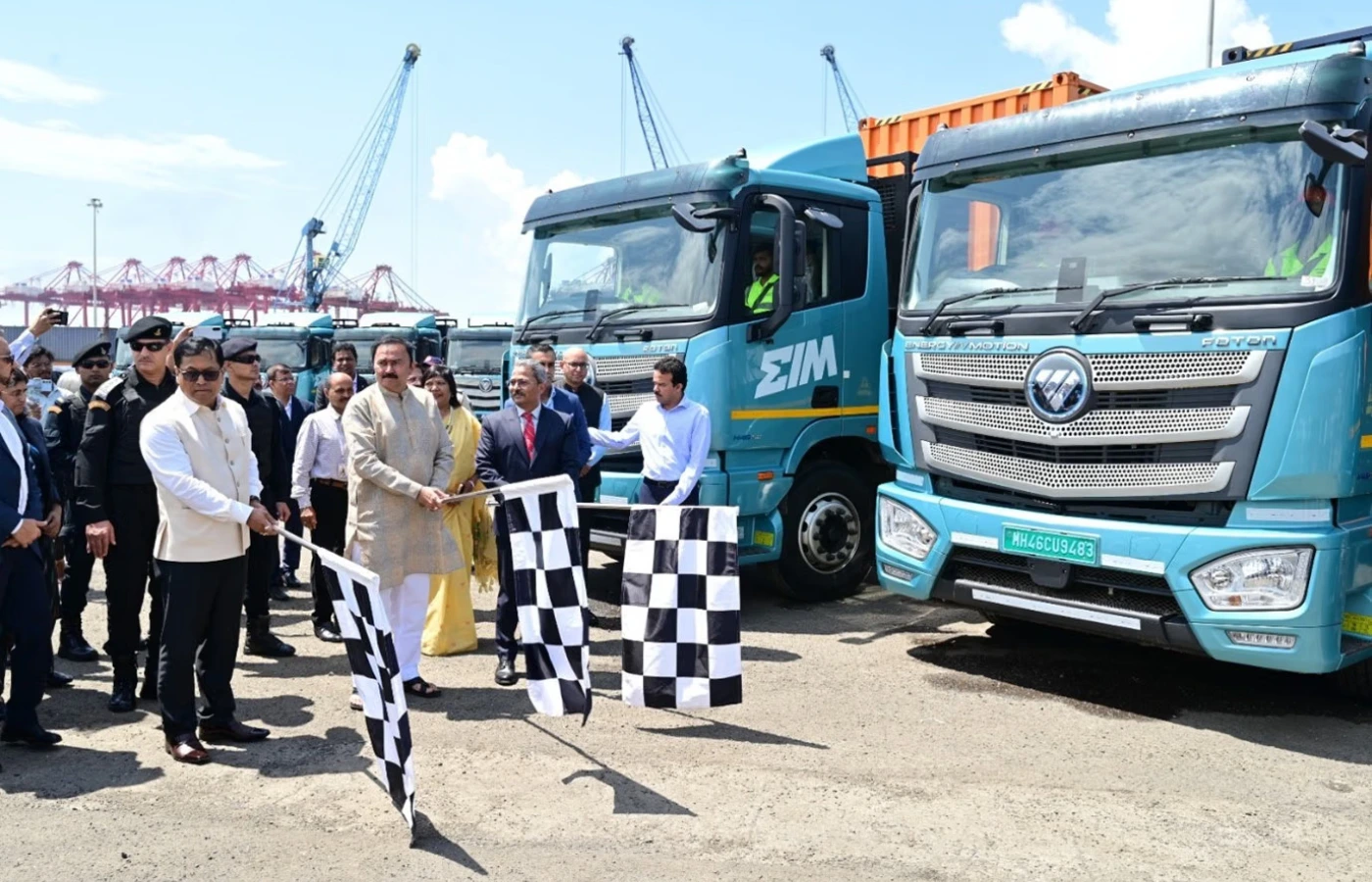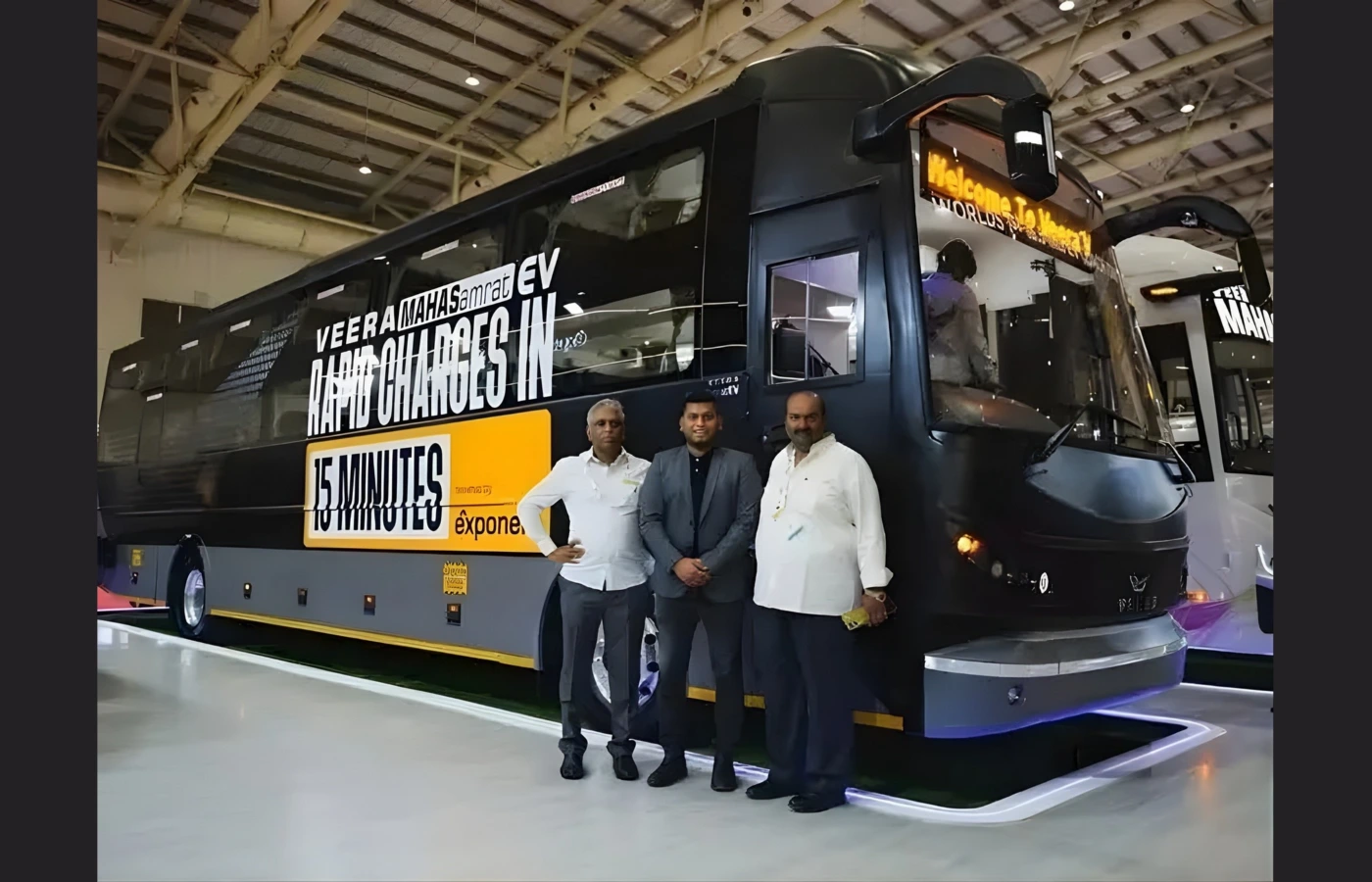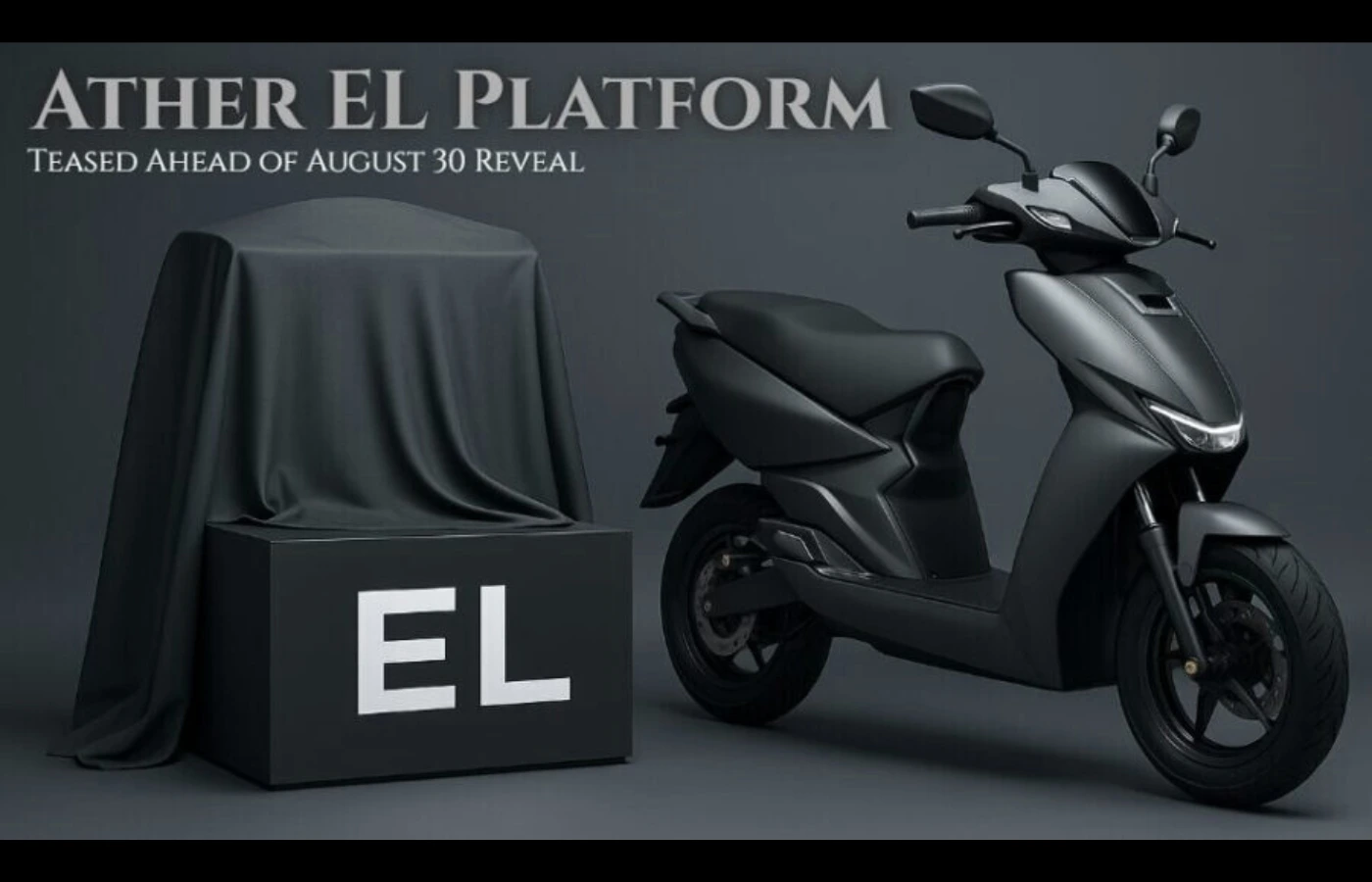India's inaugural electric vehicle truck fleet has been launched at JNPA.

India has taken a pivotal step in sustainable development by launching the first fleet of electric commercial trucks equipped with swappable batteries at the Jawaharlal Nehru Port Authority (JNPA) on September 25. This fleet was flagged off by Shri Sarbananda Sonowal, Union Minister of Ports, Shipping and Waterways at Nhava Sheva Distribution Terminal.
This has led to a big milestone in India’s focus towards decarbonise port operations. A total of 50 electric trucks were introduced in JNPA’s internal fleet, with plans to expand up to 80% by the end of 2025 and achieve a significant 90% conversion of its 600-truck fleet to electric vehicles by December 2026.
Swappable Battery Technology: A Significant Shift
- The fleet integrates battery swapping technology, which allows the trucks to replace the depleted battery with the fully charged ones in a couple of minutes, thus eradicating long charging durations.
- Apart from the fleet, there was an inauguration of an exclusive heavy-duty battery swapping station.
- This approach ensures maximum range with reduced charging times, thereby enhancing the energy efficiency and reducing net carbon emissions, making the high-port environments clean and sustainable in operations.
.webp)
Economic and Environmental Effects
The largest port of India witnesses nearly half of India’s total container traffic, and thus JNPA’s transition to EVs set an inspiration to other ports, in order to adopt EV mobility. This initiative will also solidify India’s global operations in sustainable shipping and port updation. However, there are certain advantages of the EV truck fleet, which are described below.
- Reduces operational carbon footprint.
- Decreases noise levels & particulate emissions.
- Improves fuel economy and significantly reduces logistics costs.
- Displays commercial significance of EVs in cargo operations.


 (1).webp)

